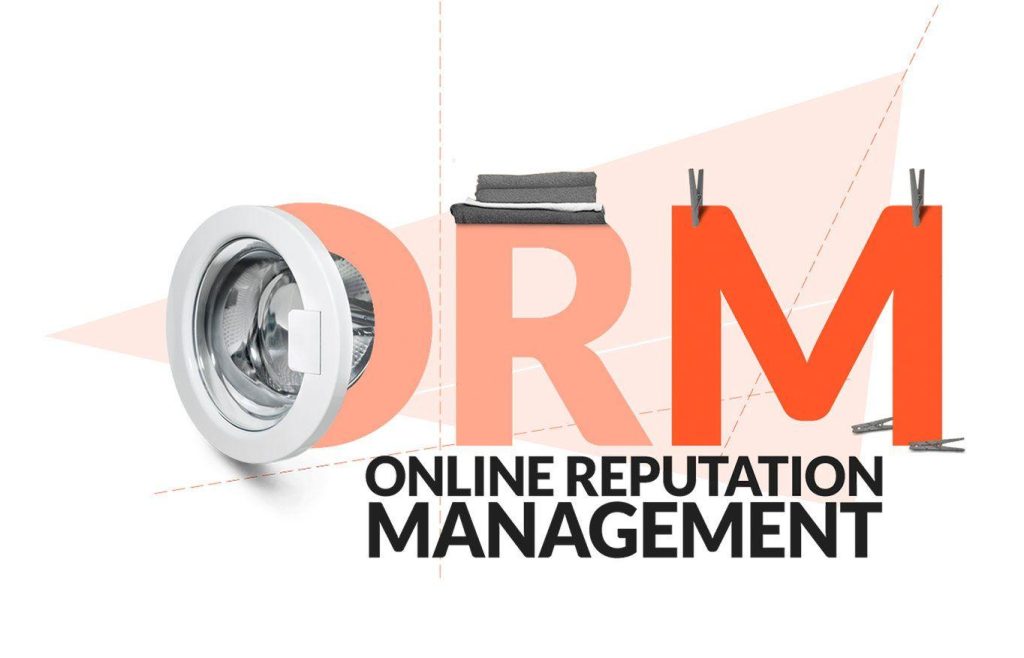What is online reputation management?

Online reputation management is the practice of monitoring, influencing, and maintaining a positive image of an individual, brand, or organization on the Internet. It involves managing the online presence of a person or entity to ensure that their reputation remains unharmed or, if damaged, to restore it.
It is done through various strategies such as monitoring online mentions, addressing negative reviews or comments, promoting positive content, and engaging with the online community. Online reputation management is crucial in today’s digital world, as a positive online reputation can enhance trust, credibility, and success, while a negative one can lead to harmful consequences.
Importance of Online Reputation Management

Here is a list of the importance of reputation management:
- Trust and Credibility: Online reputation management is essential for building trust and establishing credibility. A positive online reputation helps potential customers, clients, or partners feel confident engaging with you or your brand.
- Brand Preservation: Your online reputation directly affects your brand’s perception. By managing your online reputation, you can ensure that your brand image remains positive and intact, preventing any potential damage that could have a lasting impact on your business.
- Customer Perception: People often rely on online reviews, ratings, and comments to make purchasing decisions. Effective online reputation management allows you to shape how customers perceive your products, services, or brand, influencing their decision-making process.
- Crisis Management: In the event of a negative incident or crisis, online reputation management helps you effectively address and manage the situation. You can mitigate potential damage and maintain a positive image by promptly addressing concerns and resolving issues.
- Career Opportunities: A positive online reputation is crucial for professionals seeking job opportunities or advancement. Employers often conduct online research on candidates, and a positive reputation can make you stand out from the competition.
- Competitor Differentiation: Effective online reputation management can give you an edge over competitors. By consistently maintaining a positive online presence, you can differentiate yourself from others in your industry and potentially attract more customers or clients.
- Search Engine Rankings: Your online reputation directly impacts your rankings. Positive reviews and content can improve your visibility and credibility, driving more organic traffic to your website.
- Business Growth: A positive online reputation can lead to increased customer loyalty, positive recommendations, and enhanced brand recognition. It can contribute to business growth, attracting more customers and opportunities.
- Online Relationships: Online reputation management helps you build and nurture meaningful relationships with your target audience. You can develop trust and loyalty by engaging with customers, responding to feedback, and proactively addressing concerns.
- Long-Term Success: Online reputation management is crucial for long-term business success. By consistently monitoring, maintaining, and improving your online reputation, you can create a positive and sustainable brand image that supports your goals.
Why is online reputation management crucial for businesses?

Online reputation management is crucial for businesses for several reasons:
- Building Trust: In today’s digital age, potential customers often rely on online reviews and ratings to purchase. A positive online reputation can instill trust and confidence in your brand, increasing conversions and sales.
- Brand Image and Perception: Your online reputation directly impacts how the public perceives your brand. Positive reviews and testimonials enhance your brand image, while negative feedback can tarnish it. Effective reputation management can help shape a positive perception of your business.
- Customer Engagement: Managing your reputation online allows you to actively engage with your customers and address their concerns or feedback. It demonstrates excellent customer service and shows that you value your customers’ opinions, leading to increased loyalty and customer retention.
- Competitive Advantage: A strong online reputation can give your business a competitive edge. When potential customers compare your brand with others, positive reviews and ratings can sway their decision in your favor, ultimately outshining your competitors.
- Crisis Management: An effective online reputation management strategy can help mitigate and manage any potential crisis or negative publicity your business may face online. Responding promptly and professionally can limit the damage and protect your brand’s reputation.
- SEO Benefits: A positive online reputation can significantly impact your search engine rankings. When your brand has a strong reputation, search engines are more likely to display your website higher in the search results. It can boost your organic visibility and drive more traffic to your website.
How do you effectively manage your online reputation?

Managing your online reputation is essential in today’s digital age. Here is the Online Reputation Management Guide to help you maintain a positive online presence:
- Monitor your online presence: Regularly search your name or brand on search engines to see how you’re portrayed online. Use monitoring tools or set up Google Alerts to receive notifications whenever your name or brand is mentioned.
- Be proactive: Establish a strong online presence by creating and regularly updating your professional website or social media profiles. It will help you control the information that appears when someone searches for you.
- Promote positive content: Share and create high-quality content, such as blog posts, articles, or videos, that reflect your expertise and values. It will help push down any negative or unwanted content in search results.
- Engage with your audience: Respond promptly to any comments, reviews, or feedback, whether positive or negative. Addressing concerns and demonstrating good customer service can help mitigate potential damage to your reputation.
- Actively manage social media: Be mindful of what you post on your personal or professional social media accounts. Avoid controversial or offensive content that could lead to a negative perception of you or your brand.
- Handle negative feedback professionally: Respond thoughtfully and calmly to negative reviews or comments. Seek to resolve issues privately and find a satisfactory resolution for all parties involved.
- Request removal of harmful content: If you come across false or defamatory information, contact website administrators or content creators and request its removal. Be prepared to provide evidence to support your request.
- Build a strong network: Cultivate relationships with other industry professionals, influencers, and authoritative individuals. It can help enhance your credibility and reputation through association.
- Seek professional help if needed: In more severe cases, consider enlisting the help of online reputation management services to address significant reputation issues. These professionals have experience in handling complex situations effectively.
Conclusion
Online reputation management is crucial in today’s digital world as it helps build trust, establish credibility, and ensure long-term success. It encompasses monitoring, influencing, and maintaining a positive online image through strategies like addressing negative feedback, promoting positive content, and engaging with the online community.
Effective reputation management can enhance customer perception, differentiate from competitors, and lead to business growth. Businesses must prioritize reputation management to build trust, shape brand image, engage with customers, gain a competitive advantage, manage crises, and improve search engine rankings.
